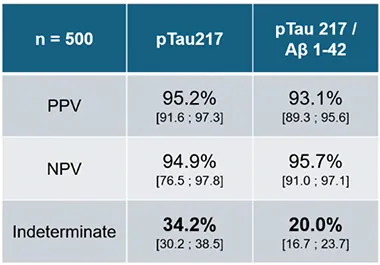
Truck Drivers in Kenya: How Fatalism is Sabotaging HIV Self-Testing Efforts
2024-11-21
Author: John Tan
A groundbreaking study from the Institute for Implementation Science in Population Health at CUNY SPH has revealed a startling truth: fatalistic attitudes among Kenyan truck drivers could be significantly undermining the success of HIV self-testing (HIVST) initiatives. Published in the esteemed journal AIDS and Behavior, this research offers a crucial examination of the behavioral dynamics governing HIV testing in high-risk communities.
The study, spearheaded by Thae Oo as part of her master's thesis, initially reported an increase in HIV testing rates when self-testing kits were provided to truck drivers. However, these gains dwindled during a six-month follow-up, prompting researchers to delve deeper into the factors contributing to this decline. Using the Health Belief Model, they analyzed attributes including personal HIV risk perception, self-efficacy, and fatalism.
The results were telling. Researchers found a stark interaction between the self-testing intervention and fatalistic beliefs. For drivers with low fatalistic views, the availability of HIVST boosted testing rates. Contrarily, those with high fatalism exhibited a marked drop in participation. This suggests that many truck drivers feel a lack of control over their health decisions, believing that outcomes are predetermined and beyond their influence.
"To enhance the effectiveness of HIV self-testing among truck drivers, we must tackle the psychological barriers posed by fatalistic attitudes," emphasized Oo. "Our study underscores the critical need for targeted psychosocial interventions that address these deep-seated beliefs in high-risk populations."
This research is not just an academic exercise; it highlights the urgent need for comprehensive health strategies tailored to the unique challenges faced by high-risk groups like truck drivers in Kenya. Understanding the psychological...
But here’s the twist: how can public health officials reframe their messaging and interventions to combat fatalism? Engaging truck drivers with success stories and empowering narratives could be game-changers. As this vital public health issue continues to unfold, the potential for more effective outreach strategies could reshape the future of HIV testing and prevention in Kenya.
For those interested in the intersection of health behaviors and psychological influences, this study is an eye-opening read that emphasizes the necessity for adaptive public health strategies. Are we ready to shift the narrative and reignite interest in HIV self-testing among Kenyan truck drivers? The stakes have never been higher!

 Brasil (PT)
Brasil (PT)
 Canada (EN)
Canada (EN)
 Chile (ES)
Chile (ES)
 España (ES)
España (ES)
 France (FR)
France (FR)
 Hong Kong (EN)
Hong Kong (EN)
 Italia (IT)
Italia (IT)
 日本 (JA)
日本 (JA)
 Magyarország (HU)
Magyarország (HU)
 Norge (NO)
Norge (NO)
 Polska (PL)
Polska (PL)
 Schweiz (DE)
Schweiz (DE)
 Singapore (EN)
Singapore (EN)
 Sverige (SV)
Sverige (SV)
 Suomi (FI)
Suomi (FI)
 Türkiye (TR)
Türkiye (TR)